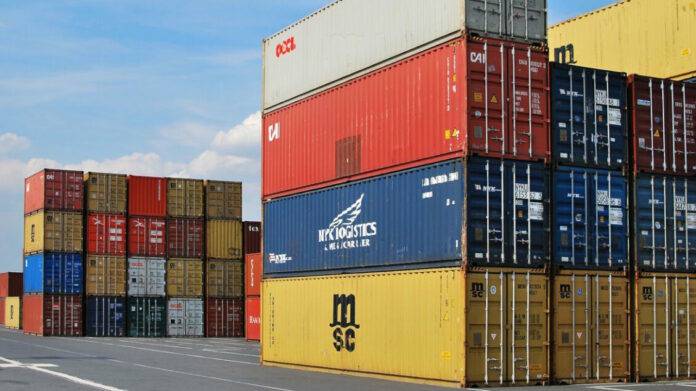The recent decision by U.S. President Donald Trump to pause most of his recent tariffs on imported goods for 90 days in order to negotiate trade deals with affected countries has sparked both relief and uncertainty in the global market. Trump’s move, which also includes the possibility of extending the pause on tariffs beyond the initial 90 days, has had significant implications for various industries, including food and beverage.
While Trump raised tariffs on China to 125%, many other countries will only face a 10% tariff during this 90-day period. However, it is important to note that certain key sectors such as steel, aluminum, automobiles, automotive parts, copper, pharmaceuticals, semiconductors, lumber, energy, and other minerals not available in the United States will remain unaffected by the tariffs. Nonetheless, a 25% tariff still applies to steel, aluminum, automobiles, and automotive parts, regardless of their country of origin.
The announcement of the tariff pause led to a positive response in stock markets worldwide, with the U.S. stock market experiencing one of its best days ever. The European Union also followed suit by pausing its tariffs against the U.S. for 90 days after initially imposing them in response to the U.S. tariffs on steel and aluminum. This move by the EU signals a willingness to engage in negotiations with the United States.
However, the uncertainty surrounding extended trade disputes with key trading partners such as Mexico, Canada, and China could have negative repercussions for the food and beverage industry. CoBank, a cooperative bank serving rural America, warns that prolonged trade disputes could harm dairy demand, as these three countries collectively account for half of the United States’ dairy exports. Additionally, higher prices resulting from tariffs have led U.S. consumers to cut back on grocery spending.
One of the primary objectives behind Trump’s tariff policy was to bring back manufacturing and jobs to the U.S. However, the fluctuating nature of these tariffs could deter manufacturers from making long-term investment decisions. According to reports from ABC and CBS News, the uncertainty surrounding tariffs has created anxiety among consumers and businesses, leading to declining confidence in retail companies.
The National Retail Federation and the National Association for Manufacturers have both highlighted the negative impact of trade uncertainty on businesses. The majority of manufacturers list “trade uncertainty” as their top current concern, with many small and medium-sized manufacturers considering raising prices due to tariffs. President and CEO of the National Association for Manufacturers, Jay Timmons, emphasizes that businesses are waiting for clarity on trade policies before making significant investment and hiring decisions.
In light of these challenges, adaptability and agility have become crucial for businesses, particularly in the food and beverage industry. Amy Haigler, VP of supply chain operations at McCormick & Co., stresses the importance of being able to quickly adjust to changes in government policies. She emphasizes the need for agility in every aspect of operations to navigate the evolving trade landscape effectively.
Similarly, Daniela Vonghia, chief supply chain officer at Del Monte Foods, underscores the importance of scenario planning and risk-based decision-making in the face of trade uncertainty. Vonghia’s remarks highlight the proactive approach that businesses must take to mitigate the impact of tariffs and other policy changes on their supply chains.
In conclusion, the temporary pause on tariffs announced by President Trump has brought short-term relief to the global market. However, the underlying trade uncertainty continues to pose challenges for businesses, including those in the food and beverage industry. Moving forward, businesses must prioritize adaptability and strategic planning to navigate the evolving trade landscape and ensure resilience in the face of changing government policies.




